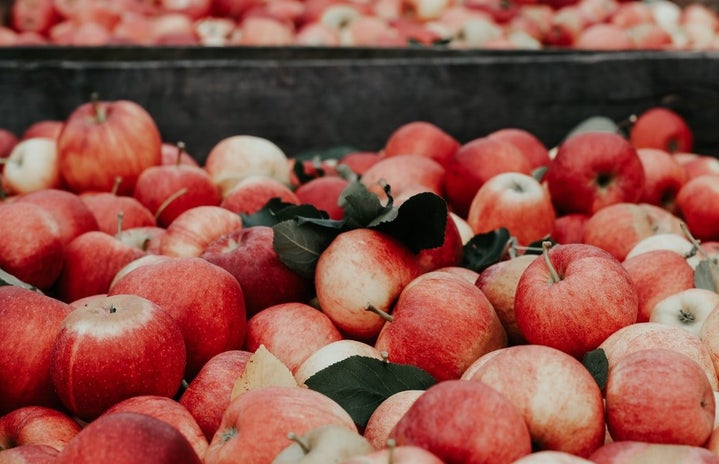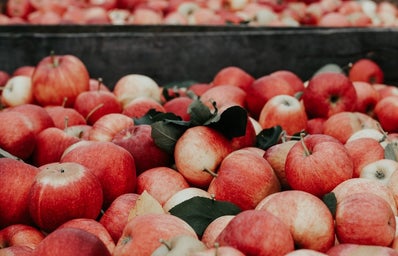Eating foods that are in season are higher in nutrition and cost less than those that aren’t.
Modern-day supermarkets supply us with every type of fruit and vegetable all year long, despite what is in season. We can buy apples in May and not just in October, and oranges in July instead of only in December, but there is something special about eating fruits and veggies that are in season. Think about sinking your teeth into a ripe juicy peach in August, compared to the peaches available in March, which are mealy and not flavorful. Buying fruits and vegetables that are in season doesn’t just taste better but are better for your body and cheaper.
Supporting Bodies Needs
The ancient Indian practice of Ayurveda, which is a medical practice based on ancient writings that take a holistic approach to physical and mental wellbeing, coined the term ritucharya, meaning that when following the season, it helps maintain health and prevent diseases.
Each season, the Earth gives humans the vitamins and minerals that we need. For example, in summer, stone fruit provides us with beta-carotenes that help give protection from sun damage. Summer fruits also have carbs that help energize us in the heat. In the winter, citrus fruits like grapefruit and oranges give us an abundance of vitamin C, which is known for reducing symptoms of colds and flu, which are more prevalent in colder seasons.
Higher Nutritional Value
When bananas follow their natural ripening schedule, instead of being plucked out of season and sprayed with ripening agents, tends to have a higher nutritional value. You are getting a cleaner, healthier option if you buy in-season foods. For example, when scientists pared broccoli harvested in spring and broccoli harvested in fall, the main season of broccoli, they saw a difference in vitamin levels with spring broccoli having lower amounts of vitamin C than those from the fall. This isn’t to say foods picked in the off-season don’t have their normal vitamins and minerals, the levels are just lower.
Easy on the Wallet
It’s simple economics. When the supply is high the demand is down, lowering the cost of the product. Think about when you want to buy berries in the winter or the spring. A small carton of them is possibly double the price of summer berries. Adding a few in-season vegetables and fruits can help decrease your grocery bill.
Fall Fruits and Vegetables
You may not be aware of foods’ peak harvesting season so here is a list of 7 produce items that are in peak season during the fall.
- Apples
- They provide 14% of the daily vitamin C, rich in antioxidants and pectin which can help aid digestion.
- Broccoli
- Broccoli contains just over 2 grams of protein in just one cup. There is also a massive amount of Vitamins A and C, folate, iron, and omega-3 fatty acids. Broccoli is a powerhouse of a vegetable.
- Winter Squash
- It is rich in antioxidants, Vitamin B-6 and C, potassium, and omega-3 fatty acids.
- Kale
- It is known as a food powerhouse for a reason. It contains anti-inflammatories in the form of carotenoids and Vitamins C and E. In one cup of kale, there is 90 grams of calcium, 2.2 grams of protein, and 1.34 grams of fiber.
- Mushrooms
- Mushrooms, you either love them or hate them. Whether you like them or not mushrooms are good sources of B2, B3, B5 copper, selenium, phosphorus, and potassium. For people that don’t eat meat, mushrooms are a good source of iron.
- Pumpkin
- Pumpkins are known as the fall flavors in coffees, desserts, and more. People rarely know the health benefits of pumpkins. Pumpkins have a large amount of Vitamin A, fiber, Vitamin C, and potassium. There is also a good amount of iron, and manganese.
- Potatoes
- Whether you like then fried, baked, or mashes, potatoes are a great course of vitamin B6, folate, manganese, and vitamin C.
At first, it may seem daunting to start eating with the seasons. Grocery stores are full of produce all year long and you may not know the peak seasons of each and every vegetable or fruit. Start with a couple of items and from there you may want to increase the amount of in-season produce you eat. Your body and bank account will thank you.

